Explore how expert networks are evolving through smarter sourcing, new players, and innovations, transforming access to expertise worldwide.
Infoquest Insights
Explore in-depth interviews, market analysis, and expert perspectives from leaders shaping industries worldwide.
Featured Post

Expert Networks 2026
Learn what expert networks are, how they operate, and which companies lead the industry in 2026. Discover how businesses use them for faster, smarter decision-making.
Read More
Understanding Expert Network Services and Choosing the Right Type
Discover which expert network services deliver the best ROI, from expert calls to custom-sourcing, and how Infoquest helps you gain faster, more precise insights.
Read More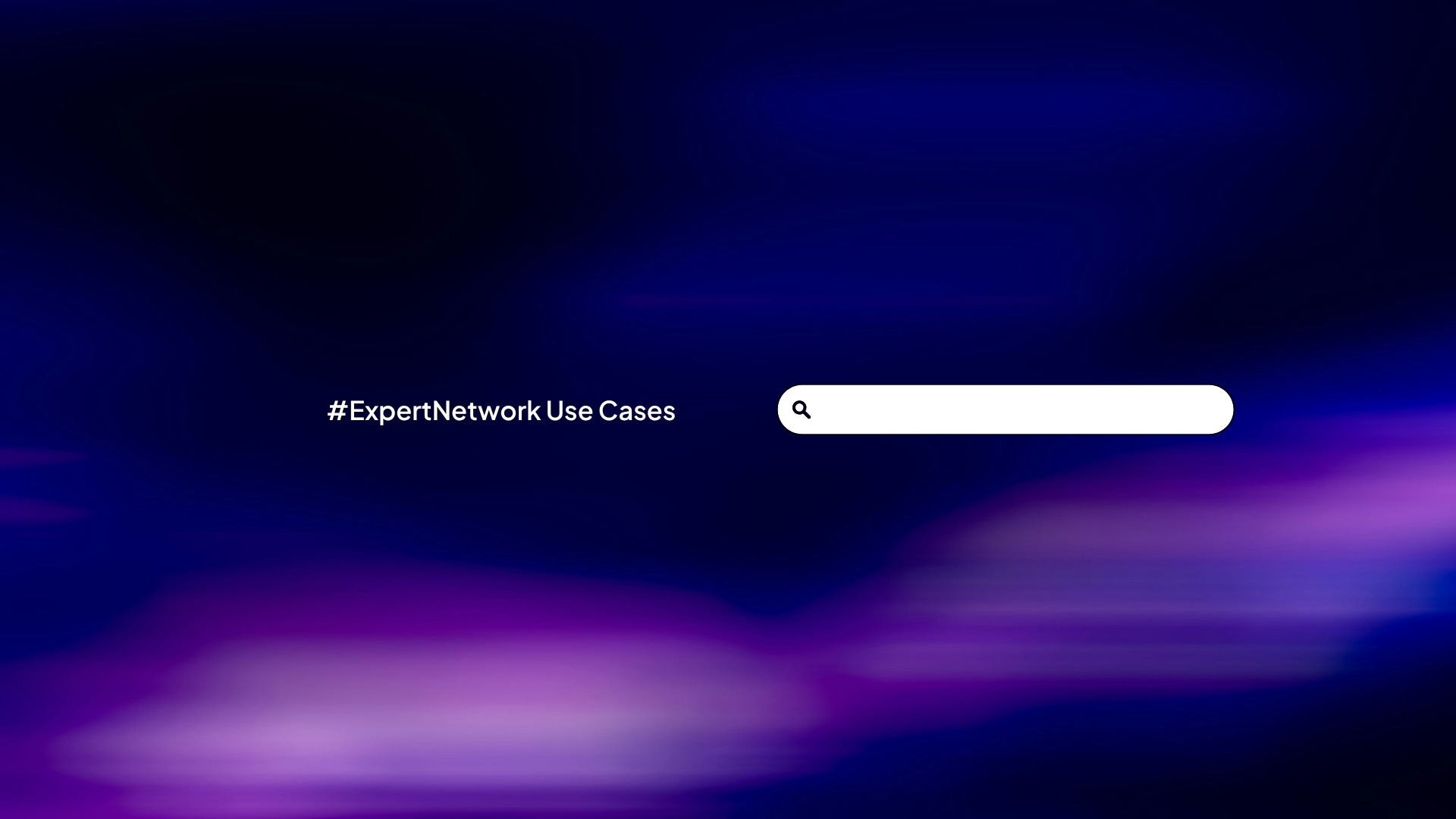
When to Use an Expert Network: Key Use Cases
Learn when and why businesses should use expert networks. Discover key use cases, benefits, and tips to choose the right network for faster, smarter decision-making.
Read MoreExpert Networks
Need Experts, Fast?
Get matched with verified specialists in hours, not days with our precise custom-sourcing model.

How to Choose an Expert Network: 8-Step Selection Framework
Learn how to choose an expert network using an 8-step selection framework. Includes vendor comparison scorecard, RFP questions, and common mistakes to avoid.
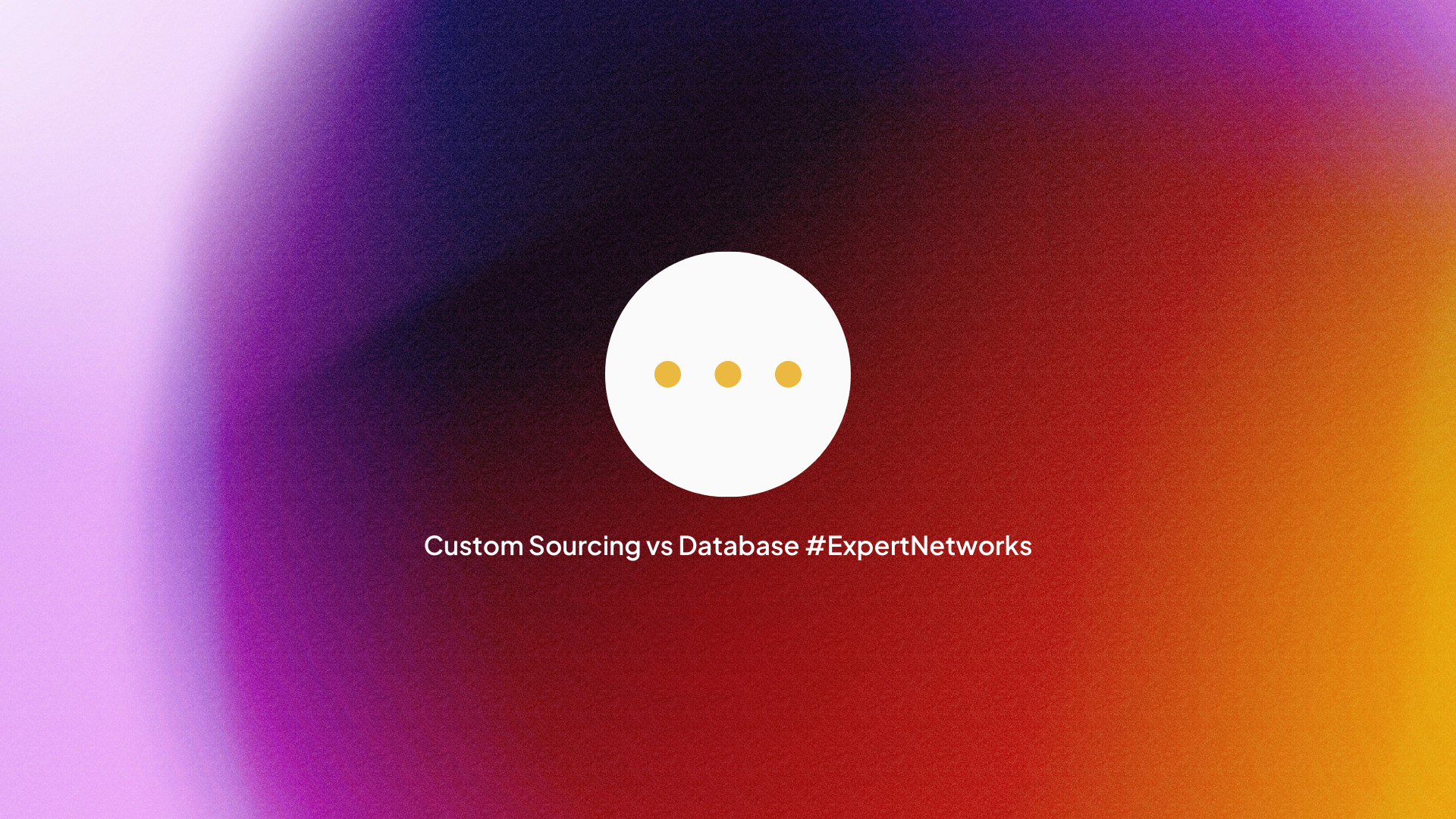
Custom Sourcing vs Database Expert Networks: Which Model Delivers Better Results?
Compare database and custom-sourcing expert networks across matching precision, cost, speed, and market coverage to find the best model for your research.

How to Get the Most Out of Expert Network Calls
Expert network calls are a powerful research tool for investors, consultants, and strategy teams. This guide explains how to prepare, ask better questions, and extract real value from every expert call.

What Makes Infoquest Different as an Expert Network?
As expert networks evolve, scale alone is no longer the deciding factor. This article explains what sets Infoquest apart from global expert networks, comparing custom sourcing, AI-assisted matching, speed, and relevance, and why precision increasingly outperforms database size in 2025.
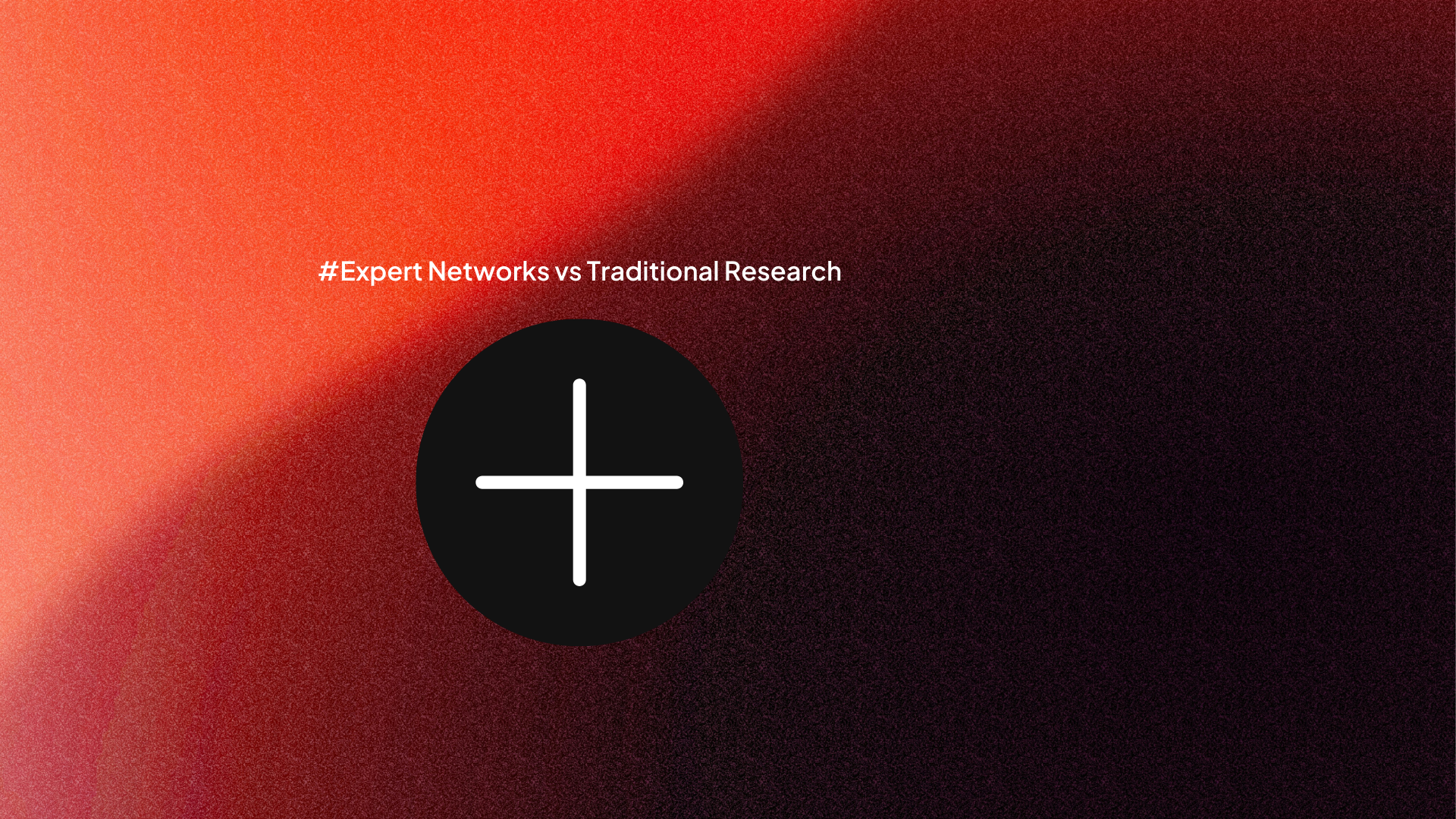
Expert Networks vs Traditional Research: A Complete Comparison
This article compares expert networks vs traditional research, examining speed, cost, insight quality, and ROI. It explains why expert networks are becoming the preferred choice for faster, real-time decision-making in 2025.
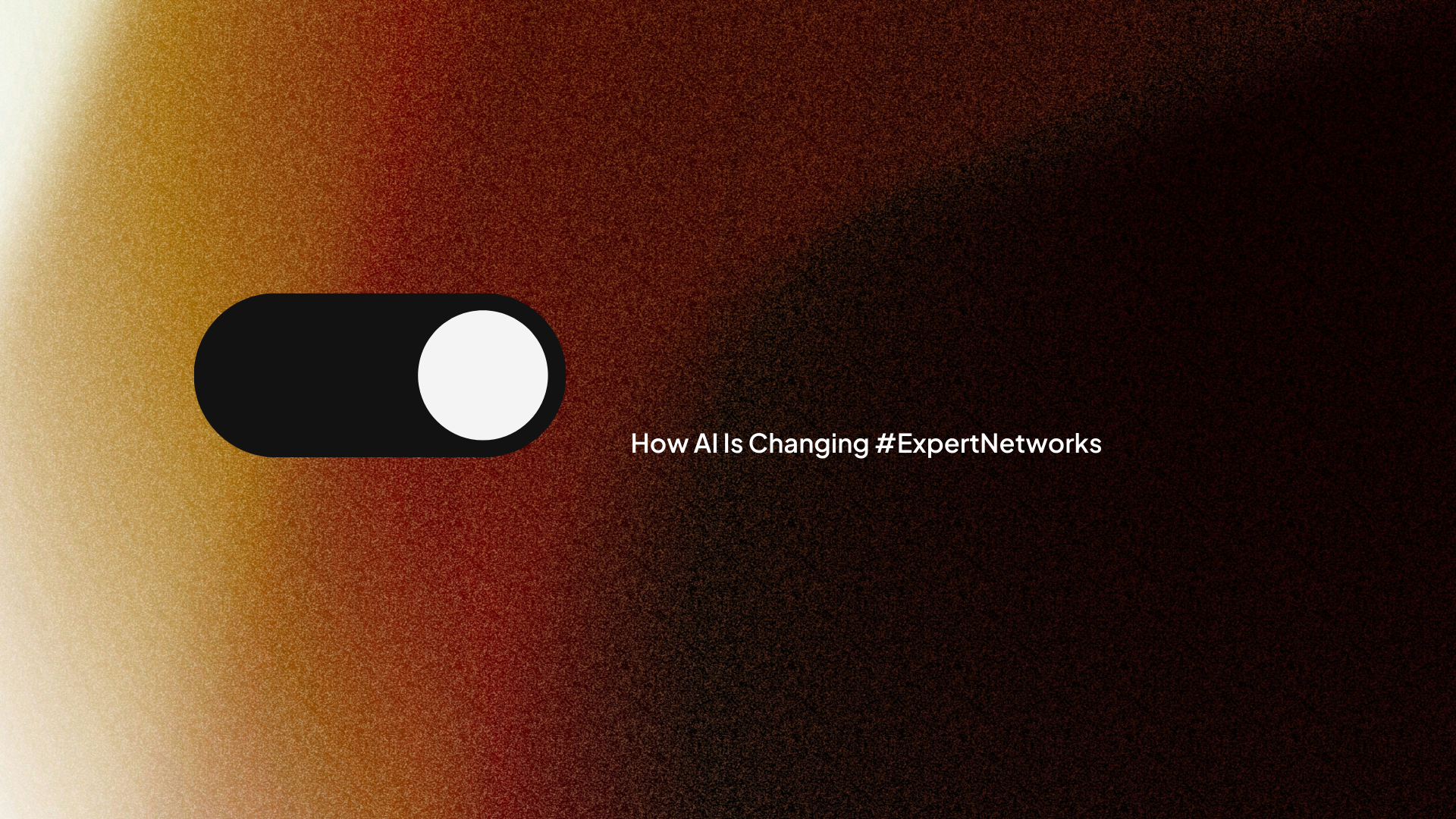
How AI Is Changing Expert Networks — And Where the Industry Is Headed in 2026
Artificial intelligence is transforming expert networks faster than any innovation since the industry’s creation. What began as manual, database-driven sourcing is now an AI-powered ecosystem where matching, vetting, compliance, and insight extraction happen in seconds.

Best Expert Networks in 2026: GLG vs AlphaSights vs Guidepoint vs Infoquest
This 2026 comparison breaks down how leading providers like GLG, Guidepoint, AlphaSights, Third Bridge, and Infoquest stack up in speed, accuracy, coverage, and flexibility, and reveals why custom-sourcing models are becoming the new standard.

When to Use an Expert Network: Key Use Cases
Learn when and why businesses should use expert networks. Discover key use cases, benefits, and tips to choose the right network for faster, smarter decision-making.

Understanding Expert Network Services and Choosing the Right Type
Discover which expert network services deliver the best ROI, from expert calls to custom-sourcing, and how Infoquest helps you gain faster, more precise insights.

Expert Networks 2026
Learn what expert networks are, how they operate, and which companies lead the industry in 2026. Discover how businesses use them for faster, smarter decision-making.
Expert Voices
Exclusive interviews and perspectives from global experts shaping their industries.
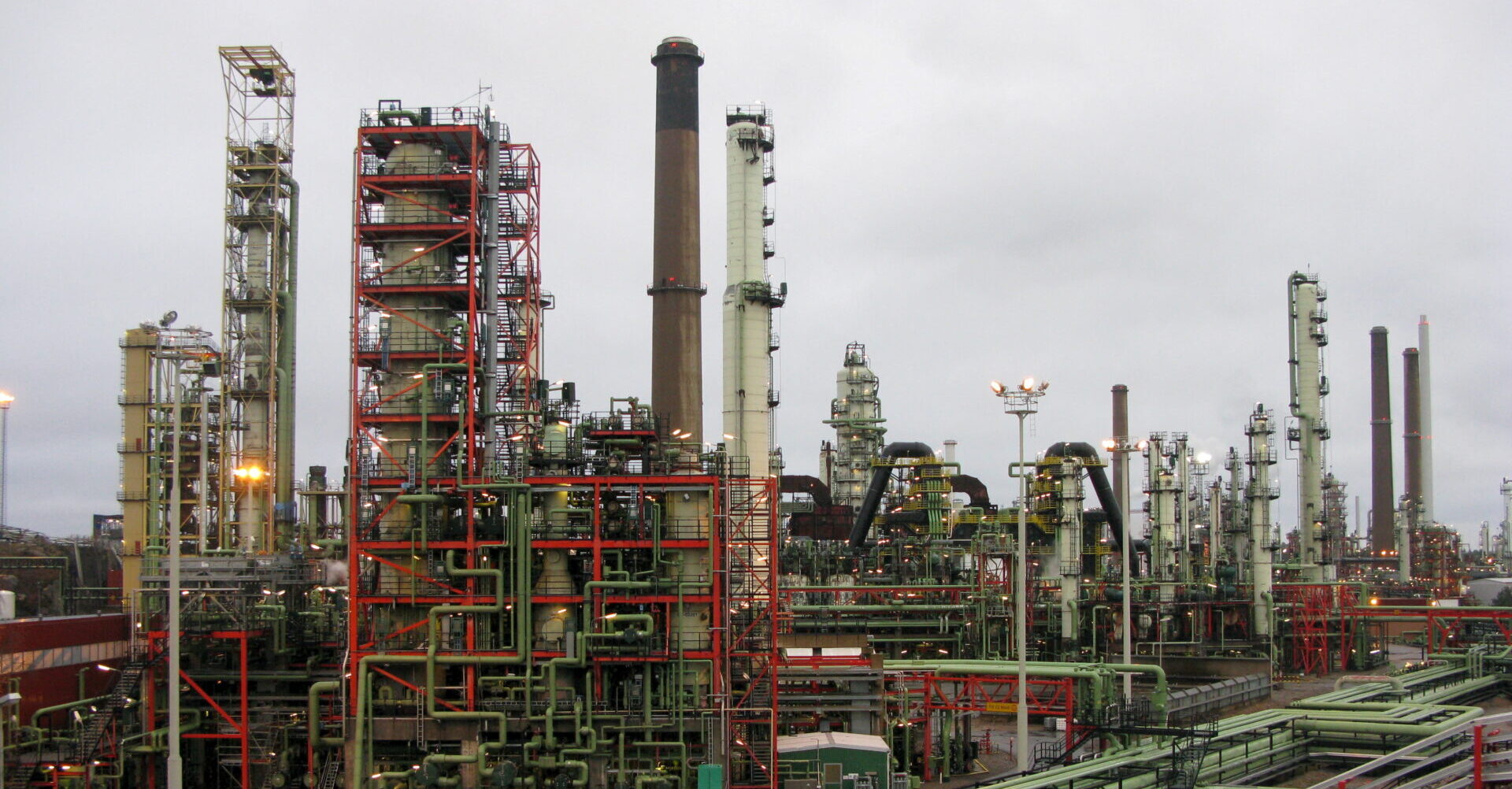
Sustainable Fuels Explained: GCC Market & Expert Insights
“The goal is not zero emissions at the tailpipe—it’s near-zero across the full lifecycle,” explains Infoquest expert Thomas Rebeyrol regarding sustainable fuels. This complex landscape includes biofuels derived from scarce feedstock like used cooking oil, as well as hydrogen-based fuels like green hydrogen and e-fuels, each with distinct production challenges and benefits.
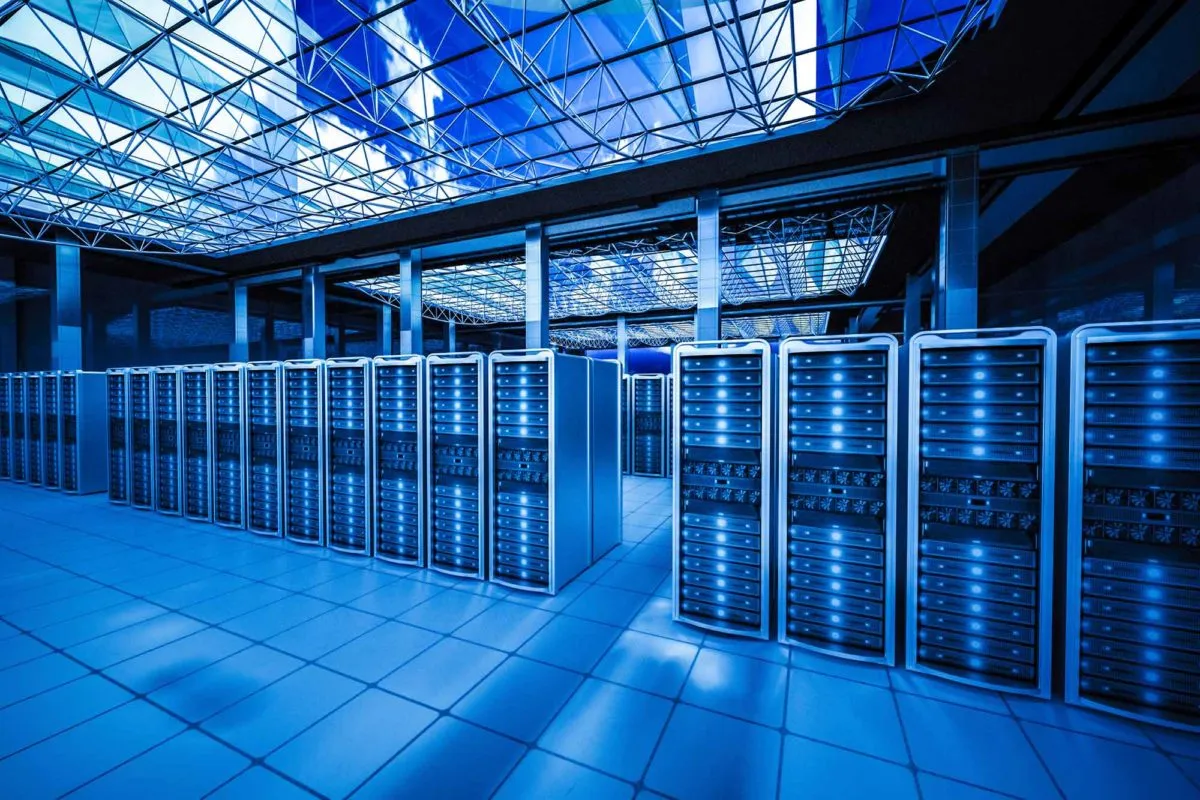
GCC Data Center Boom: Expert Insights
Get Access to Experts Like These
Work with Infoquest to connect directly with vetted professionals offering firsthand market insights.

The Thriving Date Market in Saudi Arabia: Expert Insights from an Industry Leader

